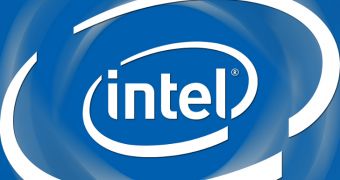The circumstances that led to the retirement of Intel China's leader can't be described as good, not entirely, but the departure from the company is definitely on good terms.
Sean Maloney, Intel executive vice president and chairman of Intel China, will retire in January, after 30 years of working with the company.
56 years of age, he joined the Santa Clara, California-based chip giant back in 1982 and held several positions of senior management ever since.
The post of Intel China chairman is a recent development really. He assumed it in July, 2011, when he left his post as co-general manager of the Intel Architecture Group and chief sales and marketing officer.
"Sean is a well-known visionary for Intel and the computing industry," said Paul Otellini, president and CEO of Intel. "In the '90s he identified the impact Asia would have as a technology market as well as an innovation hub for the industry, and last year he unveiled Intel's efforts to re-invent computing with Ultrabook devices."
Intel's announcement did not outright say it, but the stroke that Maloney suffered in February 2010, probably had some effect on this decision.
His full physical recovery was inspiring, especially since he could not regain his speech for a time, but now he has decided to move on, though he won't forget his three decades of activity any time soon.
"I am very proud of my 30 years at Intel," said Maloney. "Through those years I've had the honor of working with some of the most brilliant minds in the world, from Andy Grove to Paul Otellini, and on the most cutting-edge technology. I worked on three continents and saw the world as a representative of Intel. I saw firsthand the astonishing growth and potential of China and the Asian region."
Intel did not say who would take over for Maloney, but there is no real need for haste in this yet. After all, January is still a few months away.
Four our part, we are glad this isn't another one of those ambiguous staff changes, like those that AMD has been going through over the past year. We've seen enough of those.

 14 DAY TRIAL //
14 DAY TRIAL //